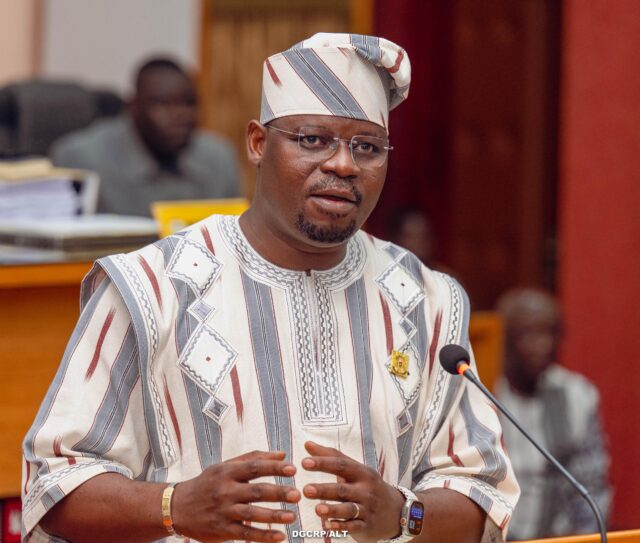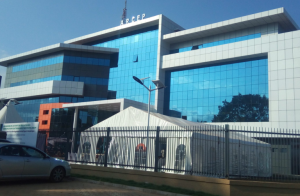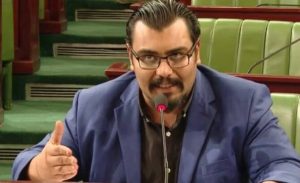Burkina Faso: The Transitional Assembly begins review of groundbreaking Family code reform

Ouagadougou – On Monday, September 1, 2025, the Transitional Legislative Assembly of Burkina Faso began examining a landmark bill: the new Persons and Family Code. Comprising 1,113 articles organized into three parts, 17 titles, and 56 chapters, the proposed legislation aims to modernize a legal framework applied for over three decades, addressing its shortcomings and integrating contemporary social realities.
The first part of the code covers civil status, nationality, and identification. The second focuses on family matters, including marriage, divorce, filiation, protection of vulnerable persons, and inheritance.
The third part regulates the code’s application across time and space, resolving conflicts of law and transitional arrangements.
Key innovations include the digitization of birth records, now registrable in digital formats, and the introduction of a unique civil identification number, whose specifics will be defined by decree. These measures aim to improve data reliability and simplify administrative processes.
The reform also recognizes endogenous traditions by allowing a child’s name to be assigned according to community customs.
In terms of nationality, it removes the automatic acquisition of Burkinabe citizenship by a foreigner or stateless person upon marrying a citizen.
Notably, the code introduces novel social protections: a pregnant woman may claim financial support from sexual partners during the legal conception period, even before definitive DNA test results are available.
Additionally, children aged 13 or older will have the right to be heard by a judge in any legal proceedings affecting them.
This comprehensive reform reflects Burkina Faso’s effort to align its legal system with both modern administrative needs and deeply rooted social values.
Dominique DAO






